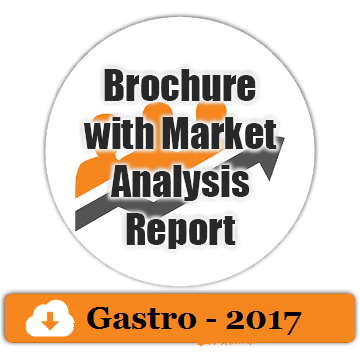
Nevena Ilic,
Euromedik General Hospital, Serbia
Title: It’s all in your gut - novel links between gut hormones and obesity, metabolic diseases, inflammation, malignancies and reproductive system
Biography
Biography: Nevena Ilic,
Abstract
The gastrointestinal tract is an organ essential for the digestion and extraction of nutrients, but it’s also body’s largest endocrine organ. First discovered hormones at the beginning of the 20th century were gastrin, secretin and cholecystokinin. Now, we discuss about more than 30 different regulatory peptide hormones and more than 10 types of endocrine cells found in stomach, small and large intestines, such as incretins (glucose-dependent insulinotropic peptide and glucagon-like peptide-1), peptide YY, oxyntomodulin, ghrelin, obestatin and others. The role of gut hormones in energy homeostasis has been studied over the past 20 years. A great deal of researches in last years had shown the relationship between gastrointestinal hormones, obesity and type 2 diabetes, starting with incretin concept. Now, we have therapies based on gut hormones as targets, for patients with obesity, diabetes and non alcoholic fatty liver. Latest data present gut peptides as novel regulators of intestinal lipoprotein secretion and thus may have a great role in cardiovascular risk. Studies confirmed that gut hormones play a critical role in the regulation of metabolic, water and salt homeostasis and the development of hypertension and cardiovascular diseases. Recent investigations explained molecular mechanisms connecting gut hormones, insulin resistance and malignancies as well as inflammation processes in organism. Gut-brain axis and metabolism in polycystic ovary syndrome and it’s treatment has been a subject of polemics on recent endocrinology debates. Finally, there is a link between gut, adipose hormones and reproductive system and fertility in both sexes.

